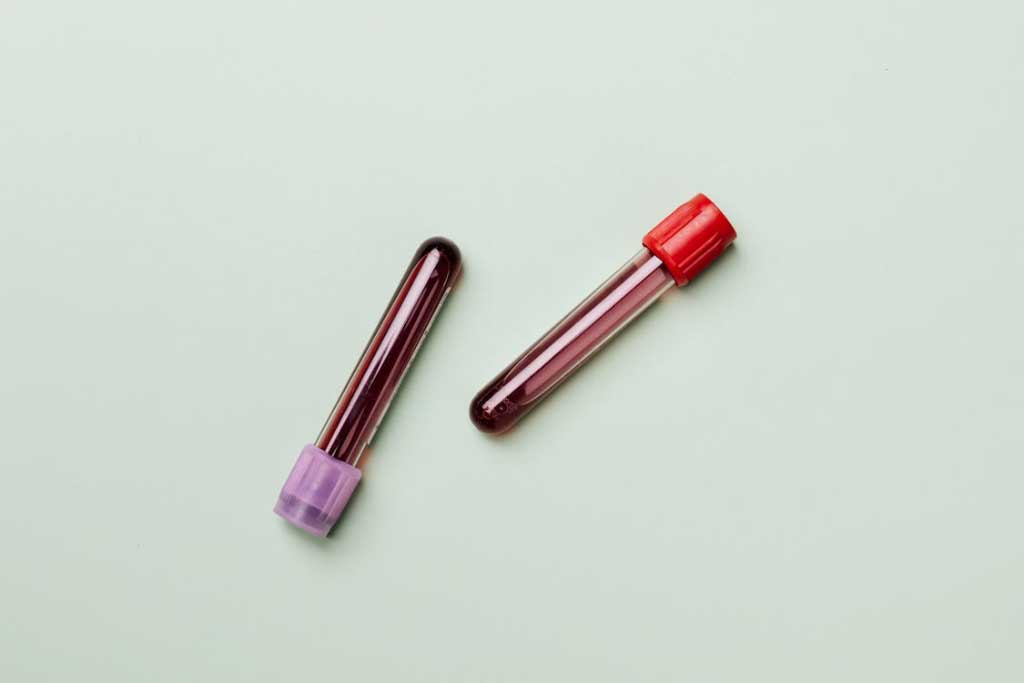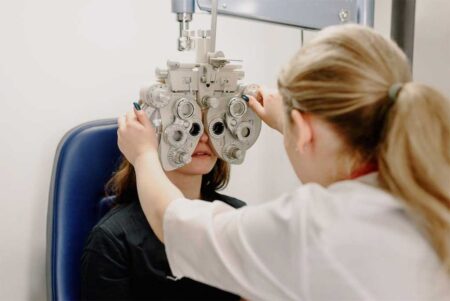We don’t usually think about blood in terms of wellness, even though it’s central to our health. It’s not as if we go to private clinics to have our blood replaced or recycled unless there’s an urgent or prescribed medical need. Moreover, we tend to associate seeing blood with either an expected cycle, or an injury, which seem pretty distinct from the standard self-care habits you may see online.
Yet our blood, our blood flow, and the oxygen our blood is able to carry will all have a major effect on our wellness, for many interesting reasons. In this post, we hope to help you discover how and why being aware of blood health can help your self-care approach, even if it’s not daily or weekly.
Without further ado, let’s begin:
Microplastics Can Be Reduced Through Blood Donations
There’s been much discussion in recent years about how microplastics accumulate in the body, and evidence suggests they can make their way into the bloodstream and even past the blood-brain barrier. How fun.
However, one of the interesting ways people are thought to help reduce this build-up is by donating blood. The idea is that through donations, your body generates fresh supplies of blood cells, which may naturally filter some of these particles out. While research is still developing, the broader point remains that blood donation isn’t only good for recipients but can also refresh your system in subtle ways. It’s a practice worth considering even above altruism alone, though you do some good by giving blood as well.
Consider Healthy Veins & What Signs Mean
Circulation depends on healthy veins, and yet they often go unnoticed unless there’s real visible issues. Swelling, discomfort, or visibly enlarged veins might be easy to brush off, but they can point to more issues with blood flow than may realize.
Don’t worry though, because consulting a varicose vein specialist is worthwhile if you notice these signs, as early treatment can do a world of good. If appropriately managed, then your healthy veins should help blood reach every part of the body efficiently, which helps with carrying oxygen and nutrients where they’re needed most.
Always Keep Heart Health In Mind
Of course, the heart is the core of blood health, and it should really be at the heart (pun entirely intended) of any fitness regimen you have in place, because it pays off in countless ways. A healthy blend of exercise, balanced nutrition, and proper rest all influence how strong and resilient your cardiovascular system is, and no matter how old you are, you can always do something good for your health, like getting more omega-3 or eating more whole grains. Speak to your doctor first and foremost before making any changes however.
After all, people often focus on external measures of fitness, like weight or muscle, while overlooking the silent work of the heart and vessels. If you begin walking more, managing your salt intake, or caring for your stress, it really does contribute enormously to circulation.
With this advice, we hope you can more easily care about your blood and everything it does for you. However, please remember that none of these suggestions are direct medical advice.






